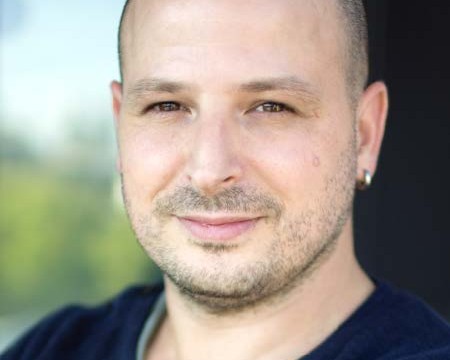From necessity to sufficiency in memory research: When sleep helps to understand wake experiences
Memory is the ability to adapt our behavior by using a stored information that has been previously encoded. The first investigations of the neuronal bases of the memory trace concerned its properties (location, cellular and molecular mechanisms, among others). However, to understand how memory processes are achieved at the scale of neurons, we must provide evidence about the necessity of a neuronal subpopulation to support the memory trace, but also its sufficiency.
This question can be addressed by studying hippocampal neurons in spatial memory tasks. These neurons called « place cells » fire when animals are in a particular location of the environment, called « place field ». Accordingly, hippocampal place cells assemblies are believed to support the cognitive map that is used to drive spatial behavior. Moreover, it has been show that place cells’ activity observed during waking is replayed during subsequent sleep, and it has been proposed that these reactivations are involved in memory consolidation.
To test the causal relationship between place cell firing and the location in physical space, we developed a brain machine interface allowing the identification of a single place cell in real time that triggered automatically electrical stimulations of medial forebrain bundle known to induce reward in rodent. Using this BCI during sleep allowed us to use the activity of a place cells when its firing is de-correlated from the true position of the animal in the environment. By triggering intracranial rewarding stimulations by place cell spikes during sleep, we induced an explicit memory trace, leading to a goal-directed behavior toward the place field. In addition to the evidence of a creation of memory during sleep, this demonstrates that place cells’ activity during sleep still conveys relevant spatial information and that this activity is functionally significant for navigation.
Dr Karim Benchenane, team « Memory, Oscillations and Brain states »
Brain Plasticity Unit, UMR 8249 CNRS ESPCI-ParisTech
Invité par Dr Jérôme EPSZTEIN
12 septembre 2016 – 11h
INMED – Salle de conférence

